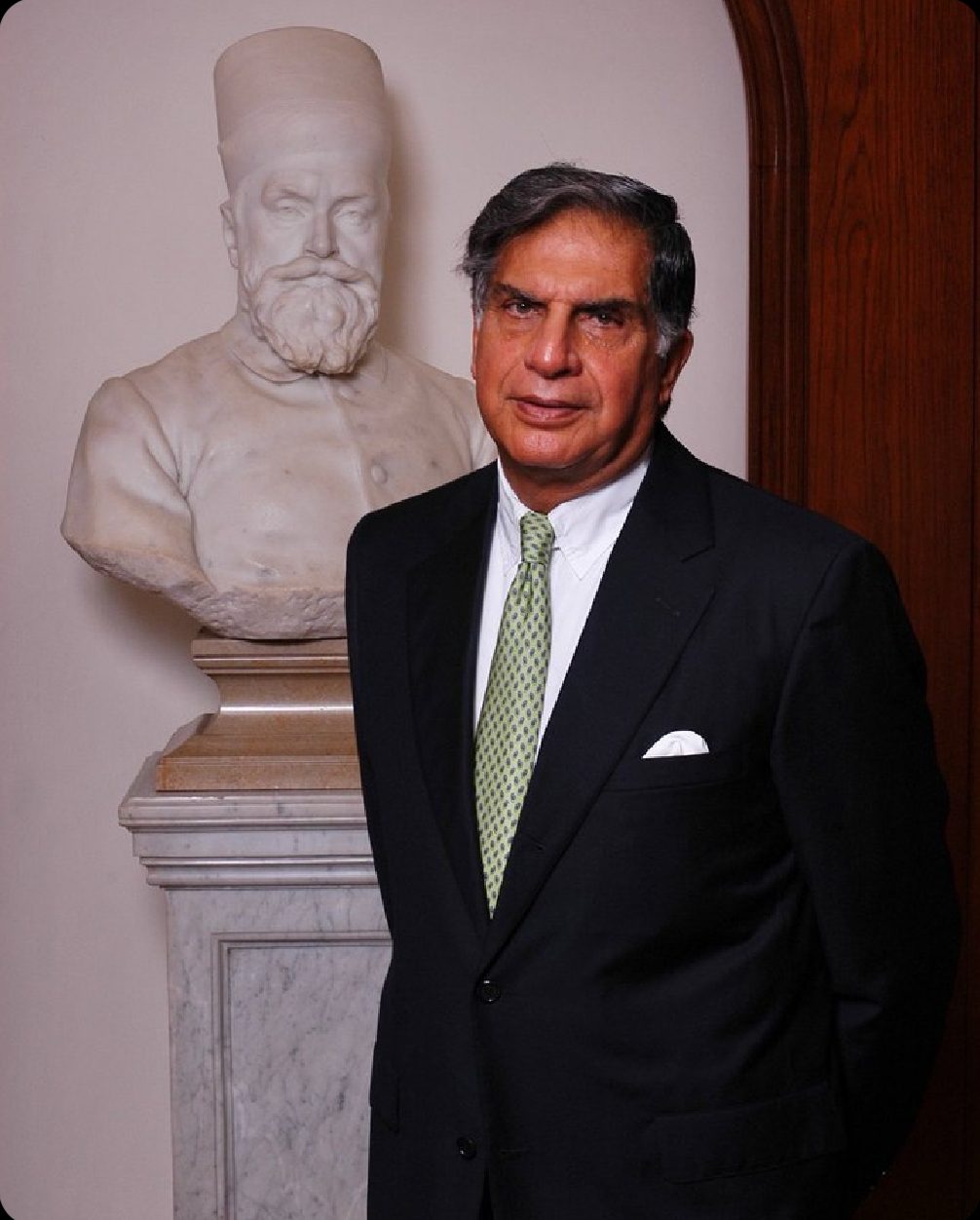Ratan Tata vs. Elon Musk: Contrasting Philosophies of Entrepreneurship and Leadership

The History of Tata Sons
Tata Sons, the holding company of the Tata Group, was founded in 1868 by Jamsetji Tata in Mumbai, India. Jamsetji was a visionary industrialist who aimed to build a nation through industrial development. The company initially focused on textiles but quickly expanded into various sectors including steel, power, and hospitality.
Over the decades, Tata Sons has been pivotal in shaping India’s industrial landscape. It was instrumental in establishing iconic companies such as Tata Steel, Tata Power, and Taj Hotels. The leadership of the Tata Group transitioned through generations, with key figures like J.R.D. Tata, who expanded the group’s footprint globally and diversified its operations.
In 1991, Ratan Tata took over as chairman, steering the company towards modernization and globalization. Under his leadership, Tata Sons expanded into information technology, automotive, and consumer goods, making strategic acquisitions like Jaguar Land Rover and Corus Steel. Ratan Tata emphasized ethical business practices and corporate social responsibility, further enhancing the Tata brand’s reputation.
Ratan Tata: A Different Kind of Entrepreneur
Ratan Tata’s leadership style and philosophy starkly contrast with many modern entrepreneurs like Elon Musk. While Musk is known for his aggressive approach to innovation and a relentless drive for rapid results, Ratan Tata has built his legacy on a foundation of ethical practices, long-term vision, and social responsibility.
Leadership Style
Ratan Tata’s leadership is characterized by a consensus-driven approach, valuing input from his team and stakeholders. He believes in fostering a collaborative environment, contrasting sharply with Musk’s often high-pressure, top-down style that demands rapid execution and innovation.
Vision and Goals
Ratan Tata’s vision focuses on sustainable development and improving the quality of life in India. He has been vocal about corporate responsibility, advocating for initiatives that benefit society, such as the Tata Trusts, which focus on education, health, and rural development. In contrast, Musk’s vision is largely technology-driven, emphasizing bold goals like space colonization and sustainable energy, often at the cost of immediate feasibility.
Risk Appetite
While both entrepreneurs embrace risk, their approaches differ. Musk’s ventures, such as SpaceX and Tesla, involve high-stakes risks with potential for groundbreaking rewards. Ratan Tata, on the other hand, has historically balanced risk with prudence, exemplified by Tata’s diversified portfolio that mitigates potential failures.
Innovation Approach
Ratan Tata supports innovation but emphasizes incremental improvements and social impact. He champions projects like the Tata Nano, aimed at making cars affordable for the masses. Musk, however, seeks to disrupt entire industries with groundbreaking technologies and has a penchant for pursuing ambitious goals without concern for immediate profitability.
Conclusion
Ratan Tata and Elon Musk represent two distinct philosophies in entrepreneurship. Tata’s legacy is rooted in ethics, social responsibility, and long-term vision, while Musk embodies the disruptive, high-risk approach of modern technology-driven entrepreneurs. Both have made significant impacts in their respective fields, yet their methods and motivations reflect the diverse landscape of global entrepreneurship. As industries evolve, the balance between innovation and responsibility will continue to shape the future of business, highlighting the unique contributions of leaders like Ratan Tata.


